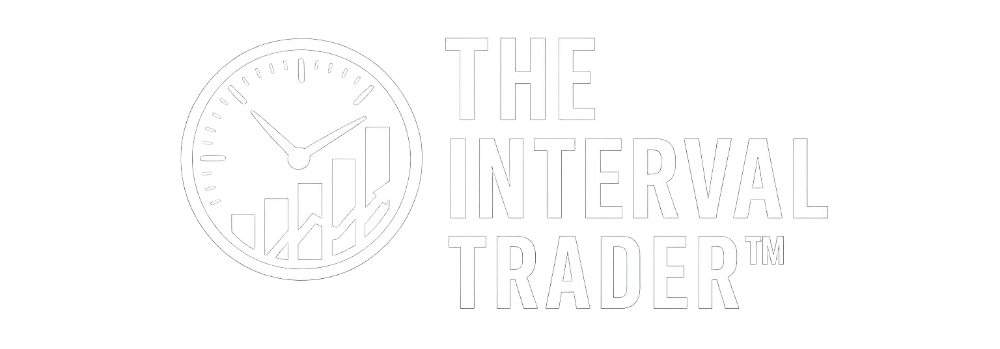🕒 An Introduction to Futures Trading for Beginners
Oct 26, 2025By The Interval Trader™
What Are Futures — and Why They Matter
At their core, futures are contracts that allow traders to buy or sell an asset at a specific price on a set future date.
That asset might be oil, gold, an index, or even Bitcoin — but what makes futures unique is leverage. With relatively little capital, you can control a large position, amplifying both gains and losses.
Think of futures as a way to speculate on market direction rather than owning the asset itself. Once reserved for institutions, they’re now accessible to everyday traders through online brokers and modern trading platforms.
💡 “The more you understand your instruments, the less you gamble — and the more you trade with purpose.”
Why Futures Appeal to Modern Traders
Futures trading offers several key advantages that make it ideal for today’s fast-moving markets:
✅ 24-Hour Access – Trade nearly around the clock to respond to global news and price shifts.
✅ High Liquidity – Tight spreads and deep markets ensure smooth order execution.
✅ Transparency – Exchange-traded contracts mean fair pricing and accountability.
✅ Profit Potential in Both Directions – Go long or short with ease — futures don’t discriminate on direction.
But with every advantage comes responsibility. Leverage magnifies results — and discipline determines which way it works for you.
The Mindset That Separates Professionals from Amateurs
Most beginners ask: “How much can I make?”
Professionals ask: “How much can I afford to lose?”
That single shift in perspective defines longevity.
The futures market rewards emotional control, timing, and consistency — the pillars of what we at The Interval Trader call Interval Discipline.
“The market can stay irrational longer than you can stay solvent — unless you trade with discipline.”
Trading in defined intervals — focused time windows for analysis, execution, and review — allows you to turn randomness into structure and build repeatable results.
Core Concepts Every Beginner Should Know
-
Contract Size & Tick Value – Each futures contract has a fixed size and a minimum price movement (tick). Know how much each tick is worth in dollars.
-
Margin & Leverage – Futures let you control a large position with a small deposit. This magnifies both gains and losses.
-
Expiration & Rollover – Contracts expire monthly or quarterly. Learn when and how to “roll” to the next contract.
-
Stops & Risk Management – Predetermine risk before you enter. Stops aren’t weakness — they’re survival.
-
Trading Hours & Volatility – Different markets peak at different times. Trade when liquidity is highest and spreads are tightest.
How to Get Started (The Smart Way)
-
Choose a Reputable Broker – Look for direct market access, fair fees, and strong educational support.
-
Start in Simulation Mode – Build muscle memory without real risk.
-
Focus on One Market – Specialize in the E-mini or Micro E-mini S&P 500 before branching out.
-
Develop a Simple Plan – Define entries, exits, and risk per trade — and follow them religiously.
-
Journal Every Trade – Review what worked and what didn’t. Reflection sharpens instinct.
Building the Edge — The Interval Way
At The Interval Trader, we teach that trading success is less about prediction — and more about preparation.
Every trade becomes an exercise in structure, patience, and awareness.
When you think in intervals, you shift from chasing setups to executing systems.
That rhythm — observe, act, reset — becomes your competitive edge.
🧠 “Your edge isn’t your strategy. It’s your state of mind.”
Final Thoughts
Futures trading opens the door to incredible opportunity — but it demands respect, focus, and continuous learning.
With proper guidance and interval-based discipline, you can trade with confidence, clarity, and control.
So before you open a position, remember:
You’re not just trading the market — you’re training your mind.
Welcome to The Interval Trader™, where precision meets purpose.
